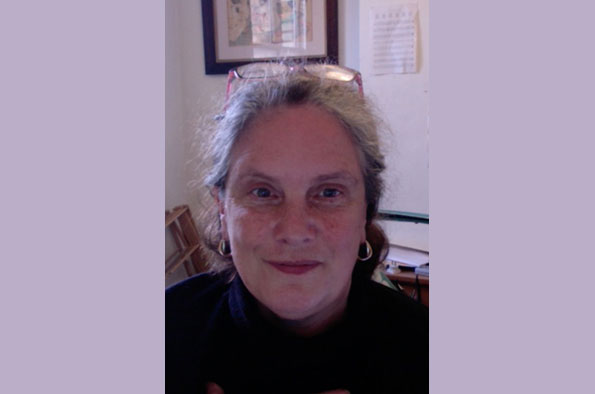
The behavioural ecology of religious beliefs and practises
- Lucy Timbrell
- Admission: Registration is free, but booking is essential. Please contact lucy.timbrell@liverpool.ac.uk to register.
Add this event to my calendar
Click on "Create a calendar file" and your browser will download a .ics file for this event.
Microsoft Outlook: Download the file, double-click it to open it in Outlook, then click on "Save & Close" to save it to your calendar. If that doesn't work go into Outlook, click on the File tab, then on Open & Export, then Open Calendar. Select your .ics file then click on "Save & Close".
Google Calendar: download the file, then go into your calendar. On the left where it says "Other calendars" click on the arrow icon and then click on Import calendar. Click on Browse and select the .ics file, then click on Import.
Apple Calendar: The file may open automatically with an option to save it to your calendar. If not, download the file, then you can either drag it to Calendar or import the file by going to File >Import > Import and choosing the .ics file.
Affiliation: University College London
Cultural transmission of religious belief has been suggested as something that may underpin everything from large-scale cooperation to the emergence of institutions through multilevel selection. The tools of behavioural ecology are now also being applied to study the evolution of religious beliefs and practices. Here I review three of our recent studies which use different empirical approaches to examine the role of religious beliefs in driving human behaviours that appear costly to individuals, but may benefit the wider community. Our studies include both microevolutionary and macroevolutionary studies on charitable and religious donations, after-life beliefs and revolution, and religious celibacy. Although relationships are complex and may work through a number of pathways, we find little evidence in our studies that religious beliefs are ultimately driving the behaviours of interest. We do find evidence that ecology and kin selection can underpin apparently costly behaviours and even the emergence of institutions.
Please contact lucy.timbrell@liverpool.ac.uk to register.
